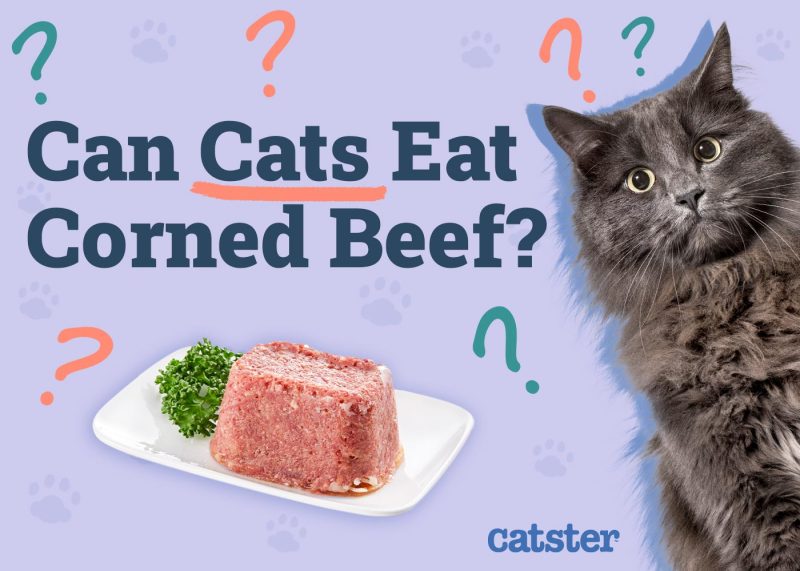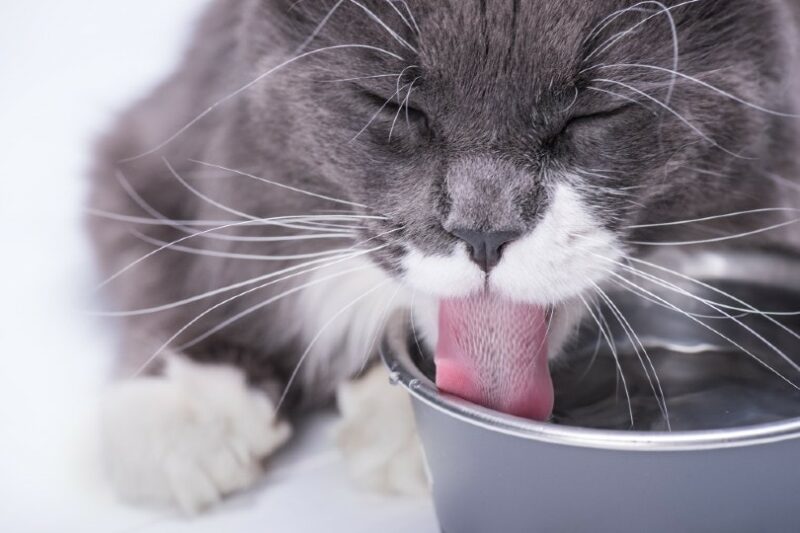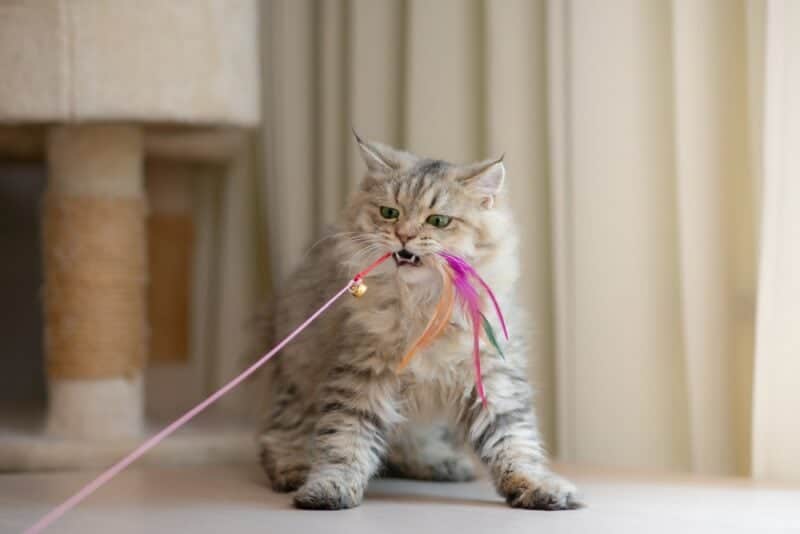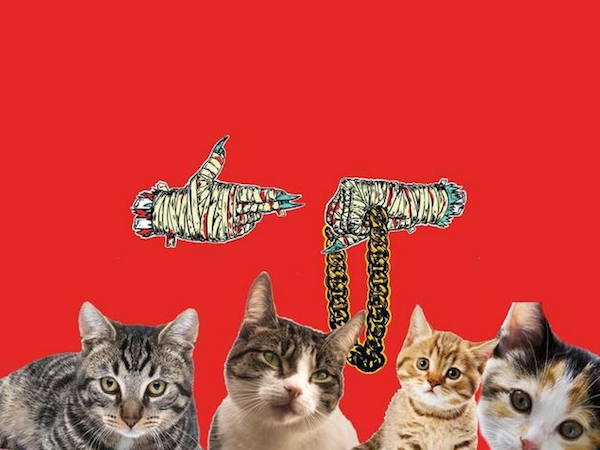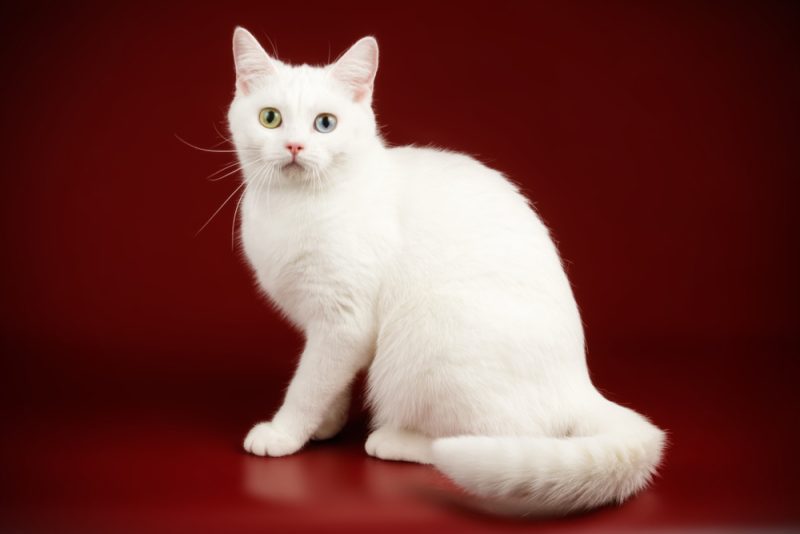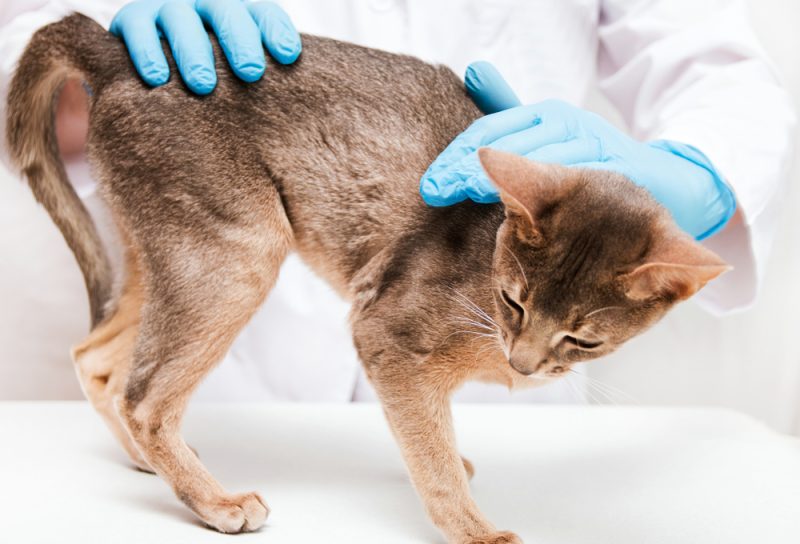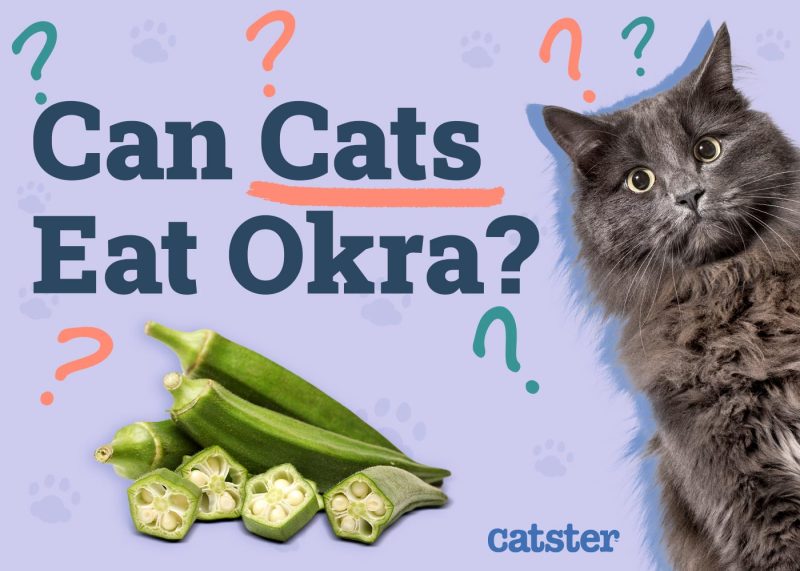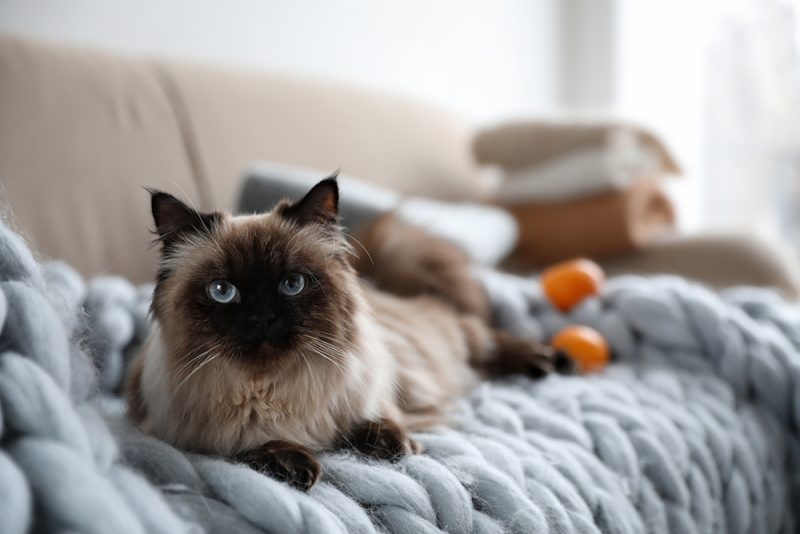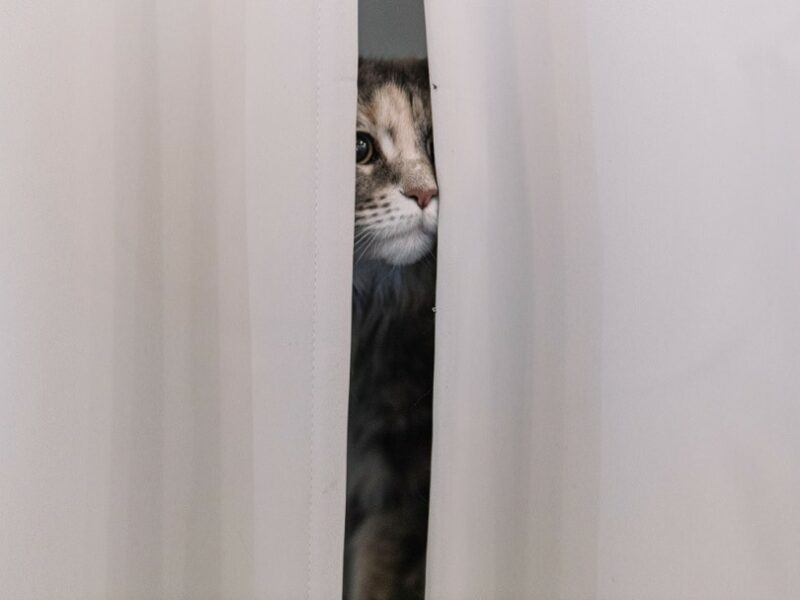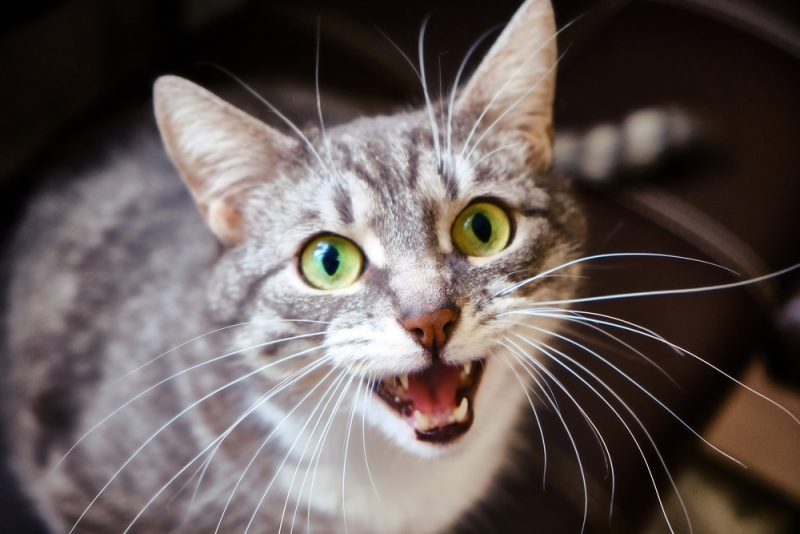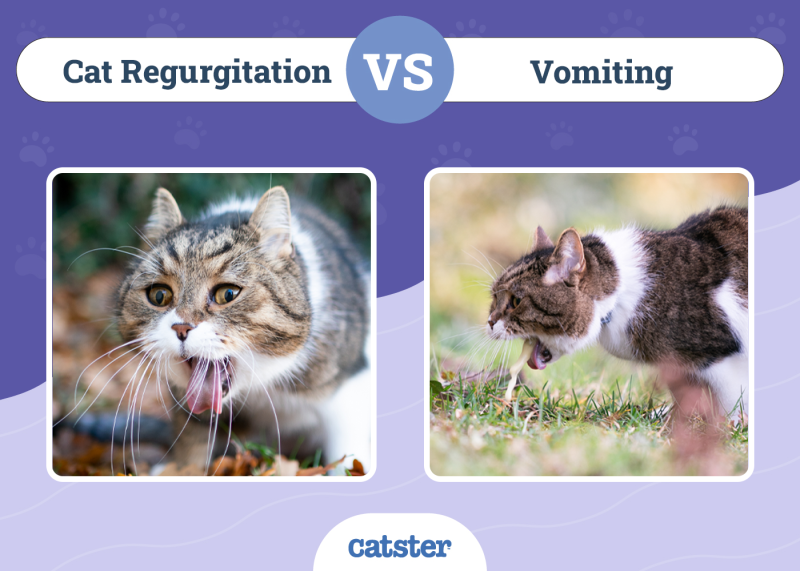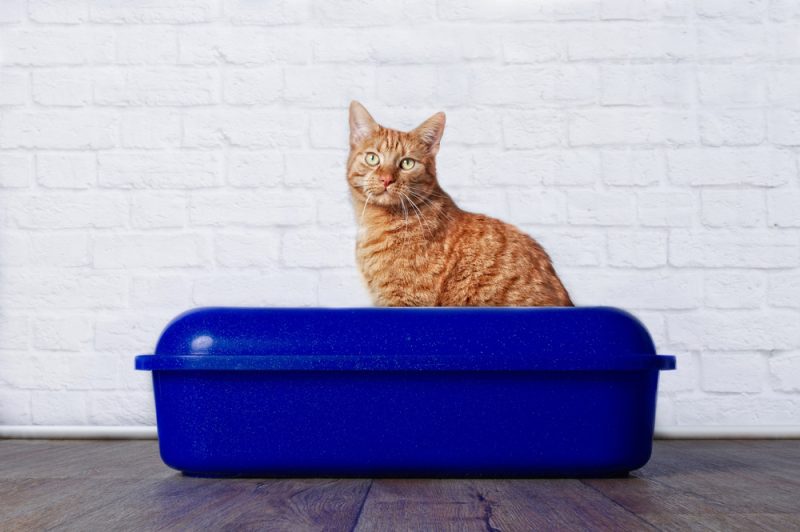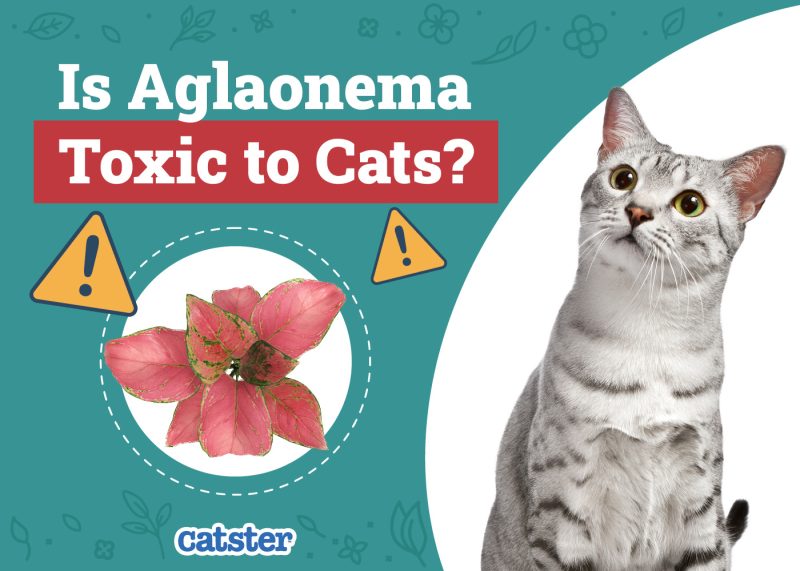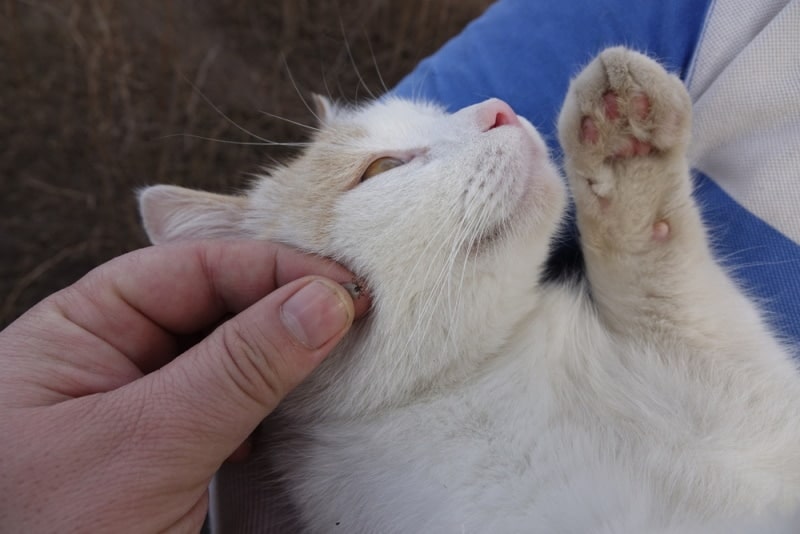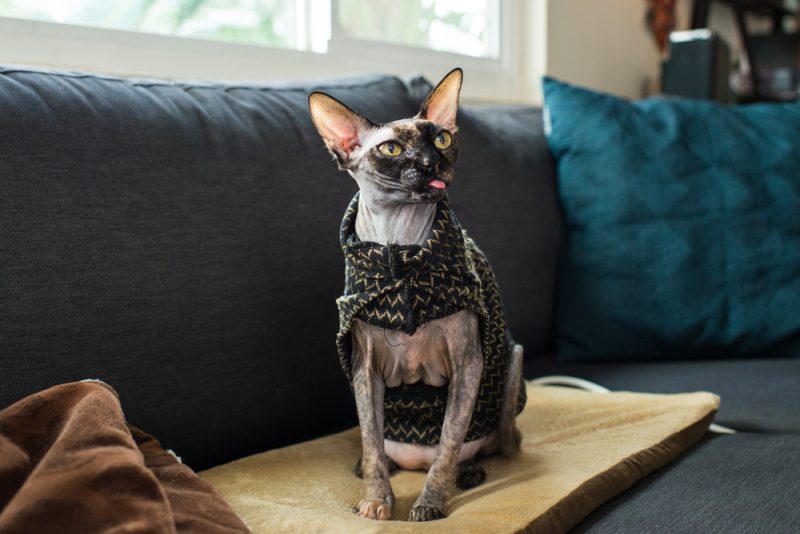Cold corned beef and boiled cabbage may be a St. Patrick’s Day staple for many Americans, but unfortunately, this dish is another human food that your cat needs to skip. While cats can and should eat meat, the high salt content in corned beef is unhealthy for your cat. Additionally, seasonings and sugar should also be avoided entirely, especially garlic and onion powders, which are toxic in large amounts. Read on to learn more reasons why corned beef isn’t good for your cat, as well as cat-friendly St. Patrick’s Day alternatives that let your feline join in on the fun.

Can Cats Eat Corned Beef?
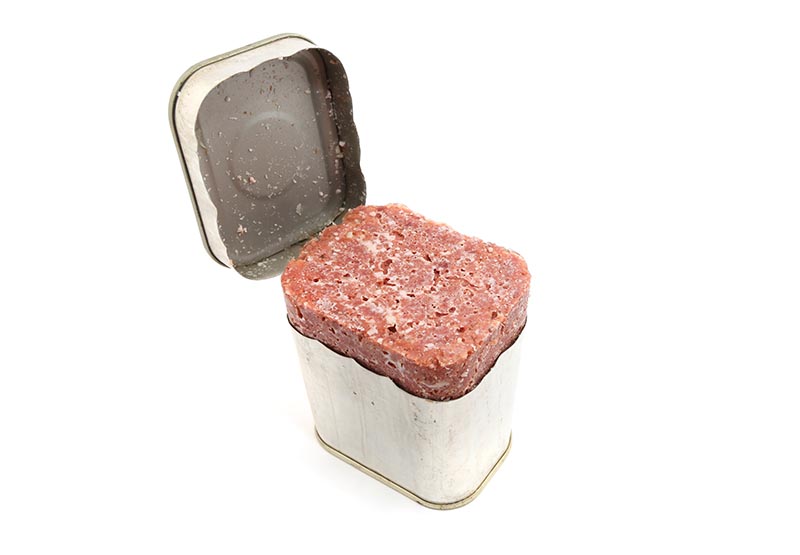
Corned beef is made by brining meat in high amounts of salt. While sodium is necessary for your cat to live, table salt can be dangerous. Commercially produced cat food is formulated with the appropriate levels of salt. Your cat doesn’t need any more salt in their diet. Excessive salt from food can lead to dehydration.
Additionally, garlic powder and onion powder are common seasonings in meat dishes that are also toxic to cats in large amounts. Interestingly, both garlic and onion are members of the Allium plant family. Almost all of the plants in this family are toxic to cats, including chives and leeks.
What to Give Your Cat Instead
Your cat will believe they have the luck of the Irish with them if you treat them to plain meat instead of corned beef. Cats are obligate carnivores, which means they require meat to survive. Thoroughly cooked and deboned beef, chicken, fish, or steak should be safe for your cat to eat in modest amounts, as long as it’s free from any salt or seasonings.
You should also limit your cat’s portions of other traditional St. Patty’s Day fare, such as boiled cabbage, carrots, and potatoes. While it probably won’t hurt them to eat a bite, vegetables don’t hold much nutritional value for your carnivorous cat, and large amounts can give them indigestion. Raw potatoes are an exception, however, as consuming undercooked potatoes can be life-threatening to your cat due to a toxin called solanine. It’s found on the skin of raw potatoes and other vegetables belonging to the nightshade family, such as eggplant and tomatoes.
Green or undercooked potatoes contain the highest amounts, so you should never give these potatoes to your cat. Like other vegetables, potatoes aren’t a crucial part of your cat’s diet and shouldn’t account for more than 10% of your cat’s total food in a day—even if they are cooked safely. And, of course, never give them food that’s been prepared with onions or garlic.
What to Do if Your Cat Eats Corned Beef
If your cat snuck only a tiny bite of corned beef, there’s probably no reason to worry. Cats are usually not at risk of salt poisoning through eating certain foods because they would need to eat extreme quantities of salty foods.
However, if your cat eats Play-Doh or drinks sea water, you want to be aware of salt poisoning signs.
- Diarrhea
- Decreased appetite
- Vomiting
- Lethargy
- Incoordination
- Excessive thirst or urination
- Tremors
- Seizures
- Coma
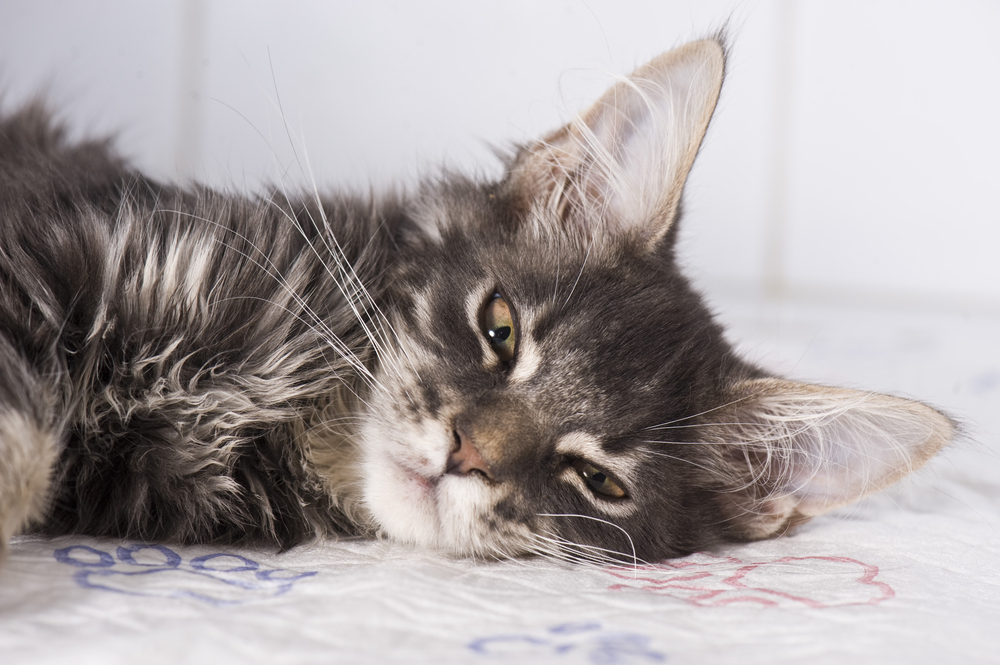
You should also be aware that corned beef may contain garlic powder or onion powder, which are also toxic. Garlic is believed to be about five times as toxic to cats as onion, so it should especially be avoided. Allium poisoning can manifest through GI issues or anemia since the toxins upset the stomach and kill red blood cells. Your pet could develop one set of symptoms without the other type. For example, your cat may only display stomach upset without signs of anemia if they only ate a small amount.
- Vomiting
- Diarrhea
- Pale gums
- Trouble breathing
- Rapid heart rate
- Lethargy
You should take your cat to the vet immediately if it shows signs of salt or allium toxicity since both conditions can be fatal if left untreated.
If you need to speak with a vet but can't get to one, head over to PangoVet. It's an online service where you can talk to a vet online and get the advice you need for your pet — all at an affordable price!


Conclusion
Unfortunately for them, cats can’t eat corned beef. While your cat might be able to sample a bite or two safely, corned beef contains an excessive amount of salt, which can lead to sodium poisoning. Additionally, meat cooked for human consumption is often seasoned with garlic and onion powder. Most members of the Allium family, including garlic and onion, are toxic to your kitty. If you suspect that your cat ate a large amount of corned beef, you should monitor them for signs of poisoning and call a vet immediately.
If you’re planning St. Patty’s Day festivities, opt for giving your cat a small amount of unseasoned, thoroughly cooked meat instead of corned beef. While vegetables are not very nutritious, you can let your cat enjoy scanty servings of vegetables—unless they’ve been seasoned with garlic and onion powder, of course.
You might be interested in:
Featured Image Credit: Elena Veselova
